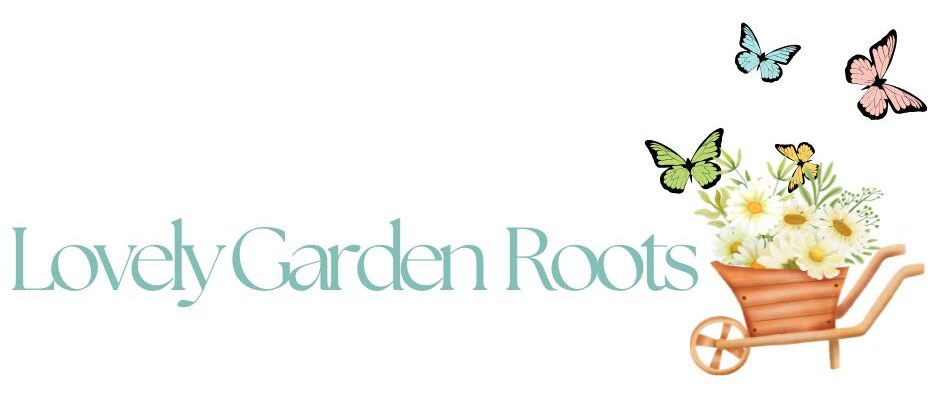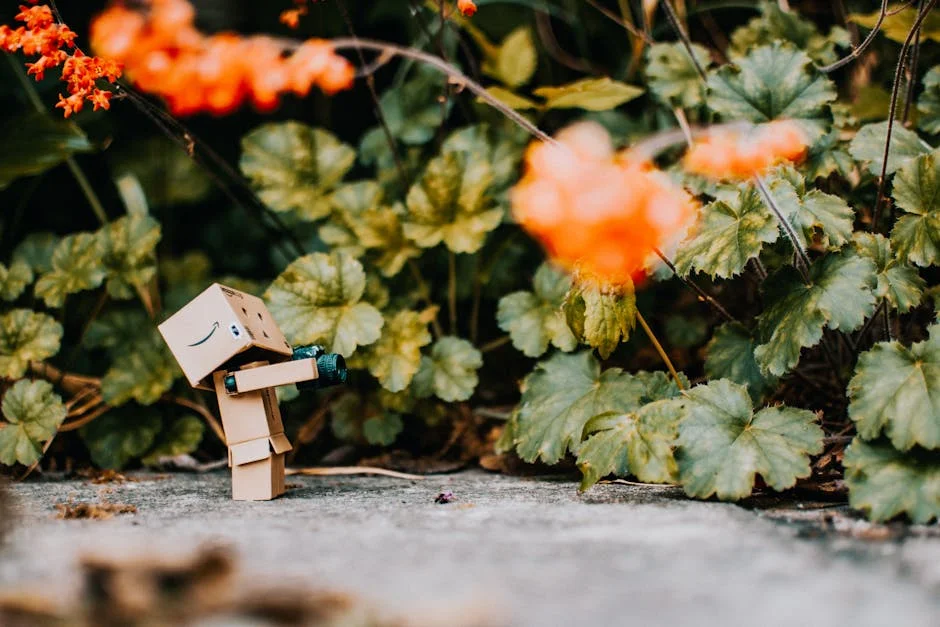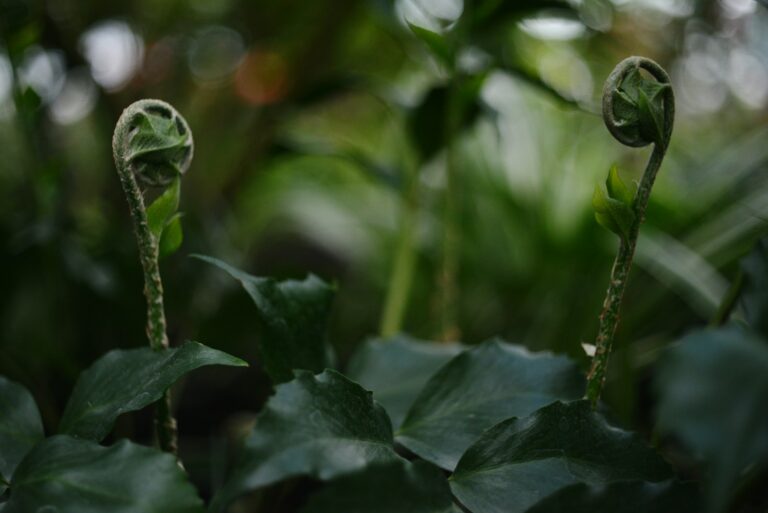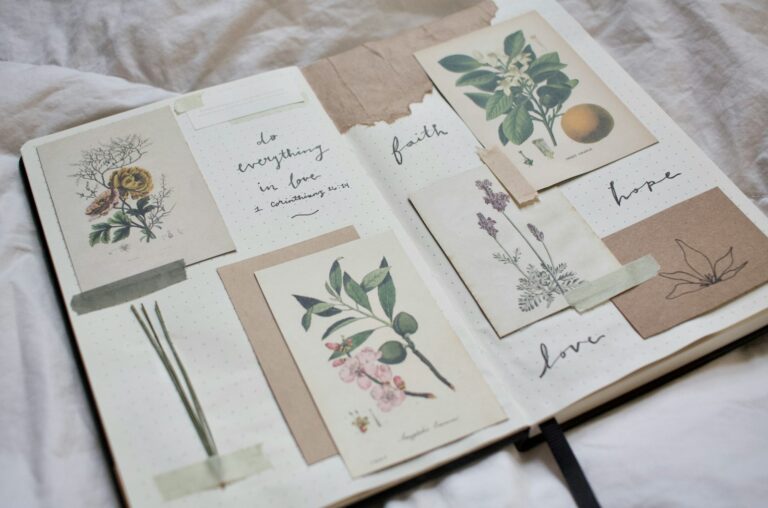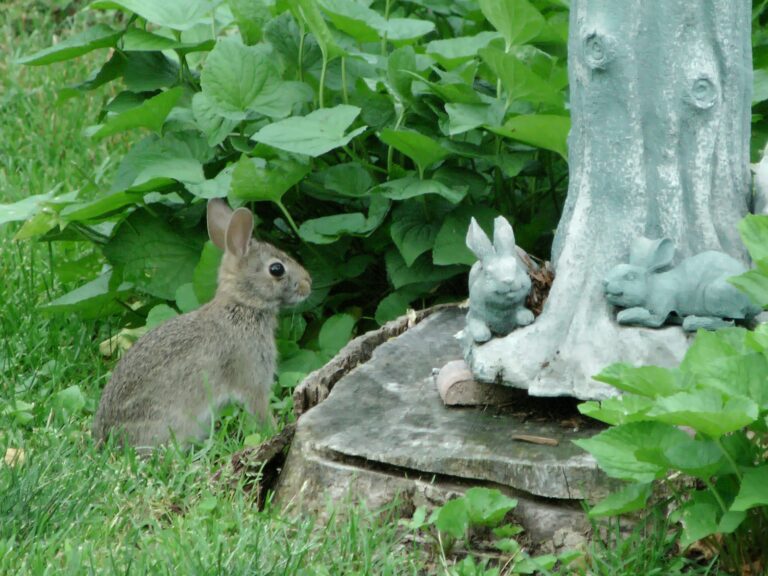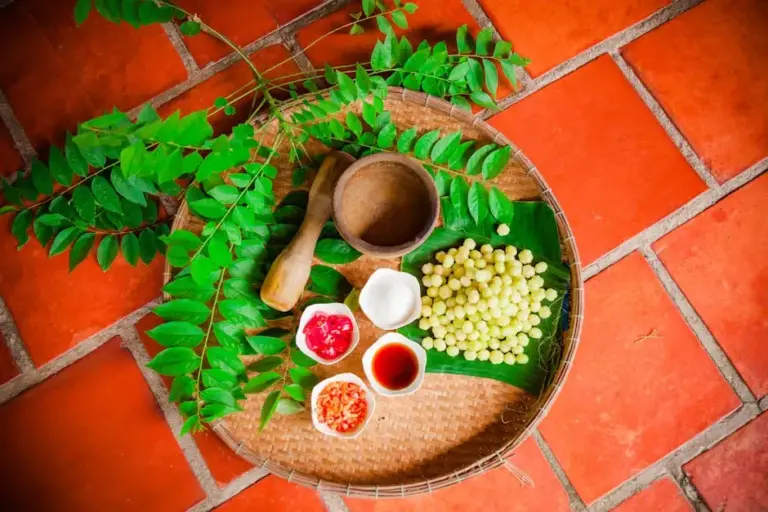Gardening Superstitions and Their Surprising Origins
When you step into a garden, you might notice there’s more than just plants growing, there’s a whole world of beliefs and traditions surrounding gardening. These superstitions have been passed down through generations, often blending practical advice with a touch of mystery.
Understanding gardening superstitions can give you insight into how people historically connected with nature and managed their crops. Whether you’re curious about the origin of these beliefs or just enjoy their charm, exploring them can add a new layer of meaning to your time in the garden.
Never thank a gardener when gifted a plant for fear it will stunt its growth.
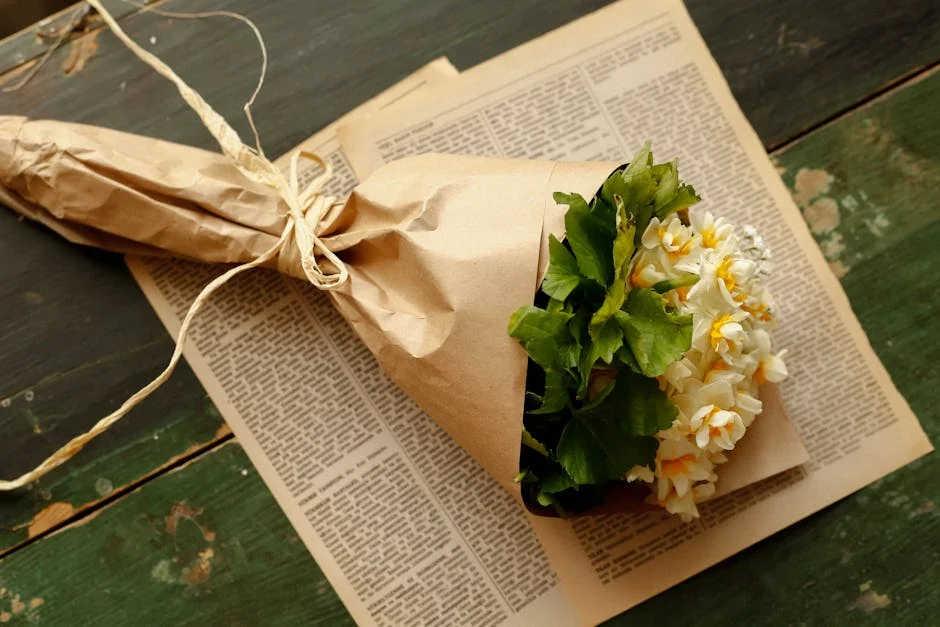
If you receive a plant as a gift from a gardener, you might hear advice not to say “thank you.” This superstition suggests that expressing gratitude could somehow harm the plant’s chances of thriving.
Some gardeners believe that plants grow better when “stolen” or quietly received without acknowledgment. Saying thanks is thought to bring bad luck or cause the plant to wither.
While there’s no scientific proof, many respect this tradition as a way to honor the care and effort behind the gift. You can show appreciation by carefully caring for the plant instead of verbally thanking the giver.
Marigolds are believed to repel pests, a superstition rooted in their strong scent.
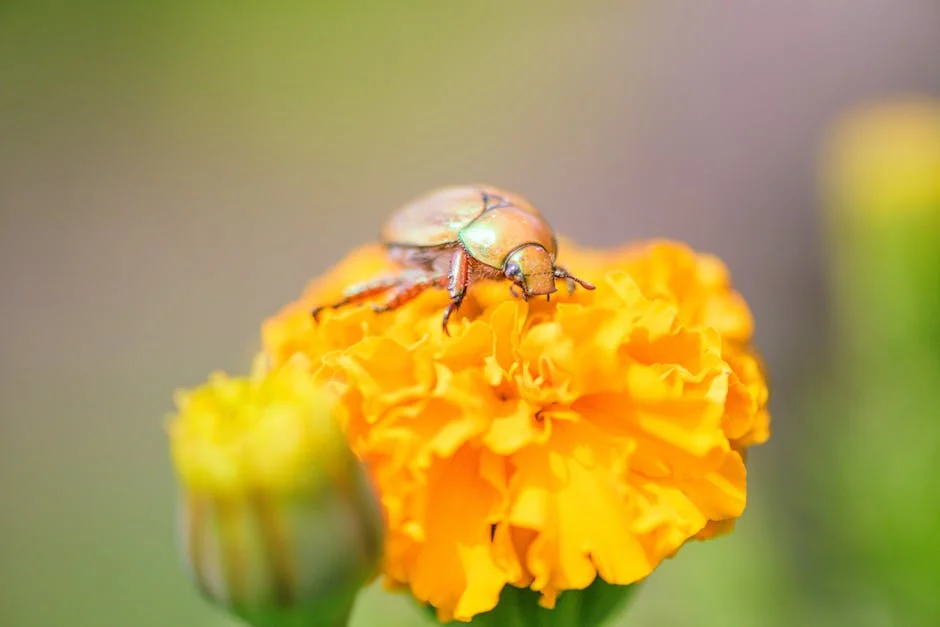
You’ve likely heard that planting marigolds keeps pests away. This idea comes from the flower’s strong, distinctive scent, which many gardeners think confuses or repels certain insects.
While science shows marigolds don’t keep all pests away, they do help manage some, like nematodes and aphids. They also attract beneficial insects that prey on harmful bugs.
So, when you plant marigolds, you’re tapping into a mix of natural effects and old gardening traditions. Their scent may not be a magic shield, but it does play a useful role in your garden’s health.
Talking to bees is thought to bring good luck and encourage pollination.
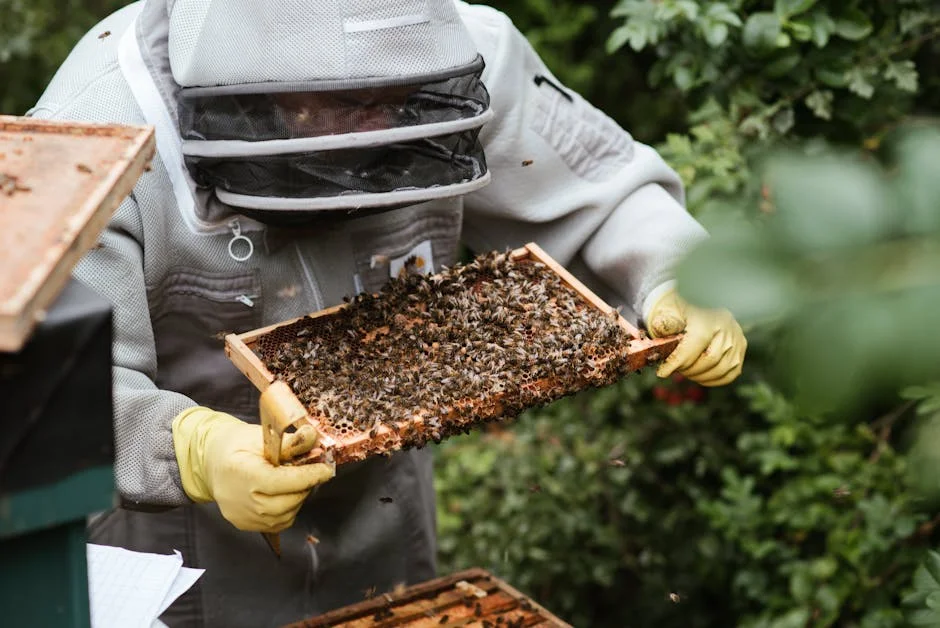
If you talk to bees while gardening, you’re following a tradition believed to invite good luck. People have long thought that bees respond well to kind words and attention.
This gentle interaction is also linked to better pollination. When you treat bees with respect, it’s said they stay happier and healthier, helping your plants thrive.
Some gardeners even include bees in family news, like sharing important events. This old custom reflects how closely humans and bees have worked together over time.
Avoid stepping in fairy rings as they are said to bring misfortune
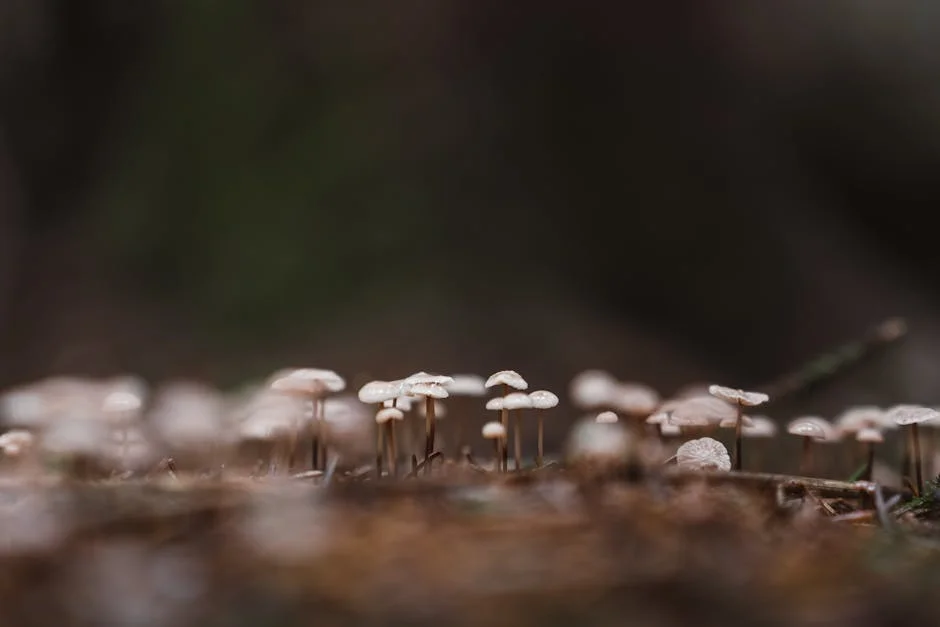
If you spot a fairy ring in your garden, you might want to avoid stepping inside it. Many traditions warn that entering a fairy ring can bring bad luck or even illness.
Some stories say fairies protect these circles and don’t like being disturbed. People believed stepping inside could lead to enchantment or being trapped in the fairy realm.
While these ideas come from old folklore, they add a touch of mystery to your gardening space. So, treating fairy rings with respect might keep your garden feeling peaceful and harm-free.
Planting by the phases of the moon guides better growth and harvest timing.

You might have heard about planting by the moon as an old gardening tradition. It’s based on the idea that the moon’s phases affect plant growth, similar to how the moon impacts ocean tides.
When the moon is waxing, or growing toward a full moon, you’re encouraged to plant seeds that produce fruit above ground. This phase is thought to boost energy for stronger growth.
During the waning moon, it’s better to focus on root crops or pruning. This is believed to encourage healthy roots and reduce plant stress.
Using the moon phases as a guide can help you plan your gardening tasks with more care and timing.
Walking under a ladder in the garden is considered bad luck

When you walk under a ladder in your garden, it’s often seen as inviting bad luck. This belief comes partly from the shape a ladder makes when leaned against a wall—it forms a triangle, which has been a symbol of something sacred, so breaking that space feels wrong.
There’s also a practical side: walking under a ladder can be dangerous. Things might fall on you or you could cause an accident. Over time, these safety concerns turned into superstitions.
So, next time you see a ladder in your garden, it’s best to step around it. It saves you from risks and avoids tempting bad luck.
Planting dill near vegetables is believed to improve their growth

You might have heard that planting dill near certain vegetables can help them grow better. This idea comes from gardening traditions where dill is thought to attract helpful insects that protect nearby plants.
Dill is often paired with cabbage, broccoli, and cucumbers because it can repel pests that damage these vegetables. By keeping harmful bugs away, your plants have a better chance to thrive.
However, be careful not to plant dill near carrots or potatoes. Gardeners believe dill can stunt their growth, so it’s best to keep them apart for a healthy garden.
Leaving a garden gate open invites misfortune or bad spirits inside.
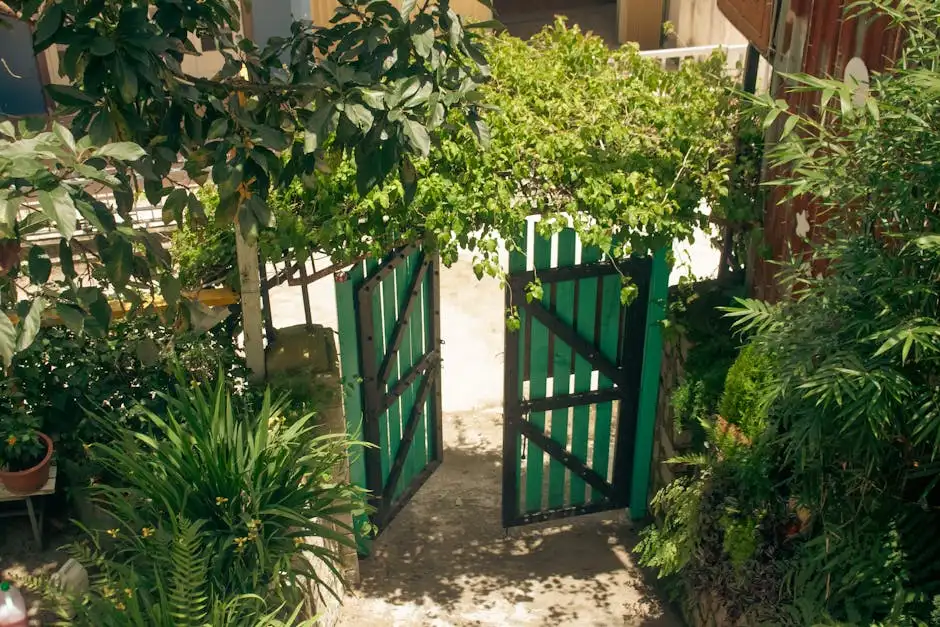
You might have heard that leaving your garden gate open can invite bad luck or spirits into your home. This belief comes from old traditions where gates acted as boundaries between safe spaces and the unknown.
In many cultures, an open gate symbolizes an invitation to unwanted energy or misfortune. Closing the gate is seen as keeping your garden—and home—protected and secure.
Even if you don’t believe in spirits, shutting the gate can give you peace of mind. It’s a simple way to respect the space and keep things feeling orderly and cared for.
Placing garlic near plants is thought to ward off evil and pests.
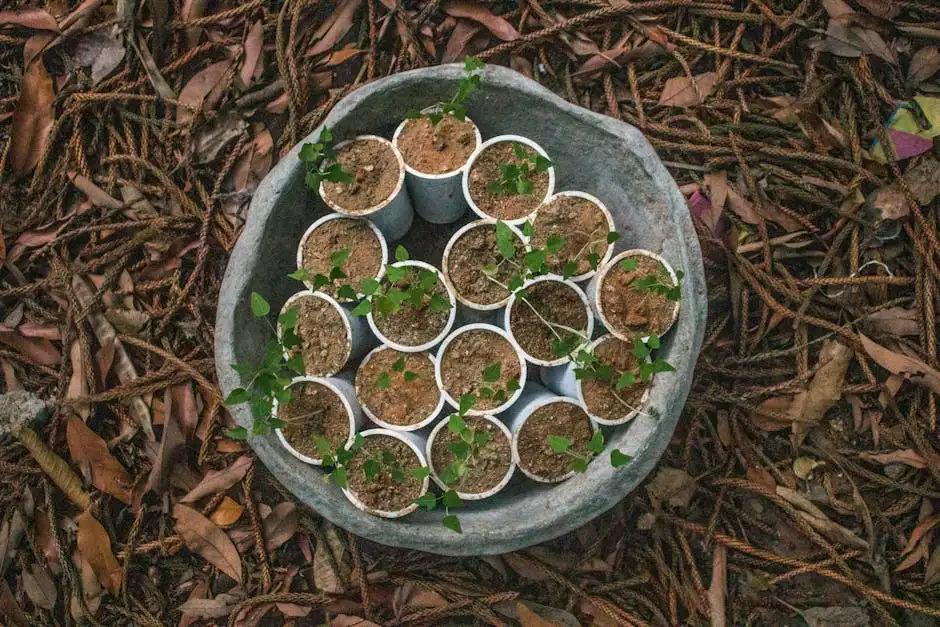
You might have heard that placing garlic near your plants can protect them from harm. This idea comes from old beliefs that garlic keeps away evil spirits and negative energy. People have long thought garlic acts like a natural shield in their gardens.
Garlic is also believed to repel insects and pests. Its strong smell can confuse or deter bugs that might damage your plants. Many gardeners still use garlic for this reason, combining a bit of tradition with practical benefits.
If a bird drops a feather in your garden, it signals protection.
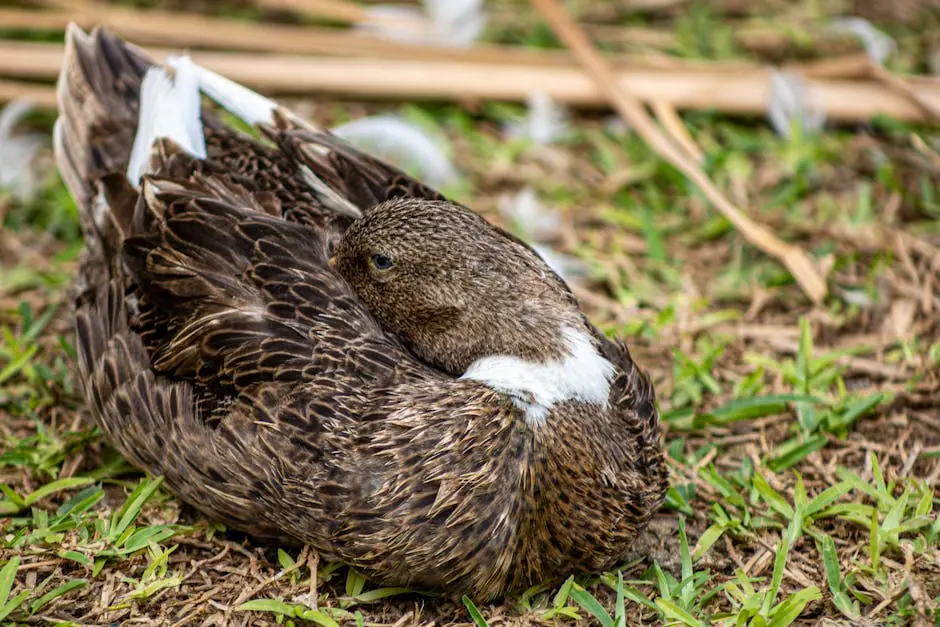
When a bird drops a feather in your garden, it can be seen as a gentle sign of protection. Feathers often symbolize a connection to the spiritual world, reminding you that you are not alone.
Finding a feather may also signal that you are being watched over or guided. Many cultures believe feathers bring good energy and shield the space around you.
So, next time you find a feather in your garden, take it as a small, positive message. It could be a sign that your garden is a safe and cared-for place.
